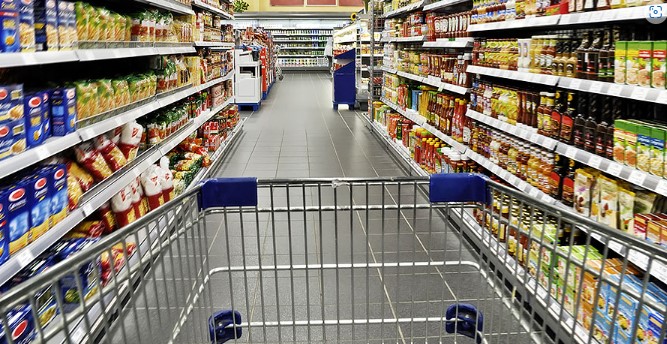Consumer goods companies listed on the Nigerian Stock Exchange (NGX) reported a significant uptick in their cost of production in the first half of the year.
A review of the financial statements of eight of the major consumer goods companies listed on the NGX reveals that on average the cost of production rose by 67% in the first half of 2024 compared to the corresponding period of last year.
Some companies also saw their production costs almost double in the period under review. The eight companies reported a total operational cost of N1.58 trillion in the first half of 2024 compared to N952.32 billion in the same period of 2023.
The increase in production costs significantly impacted on the profitability of the companies under review. Of the eight companies reviewed, five recorded after-tax losses in the first half of 2024.
NASCON Allied Industries for example saw its profit in the first half of the year drop by almost 16.8% from N5.82 billion in 2023 to N4.82 billion in 2024.
International Breweries, Dangote Sugar, and Nigeria Breweries had a worse half-year compared to the same period of 2023. These companies increased their losses for the period when compared to 2023. For Nigerian Breweries Plc, its losses in the first half of 2024 increased from N47.55 billion in 2023 to N85.19 billion. In the same brewery industry, International Breweries’ losses for the period under review also spiked by 262% from N41.43 billion to N150.23 billion.
Dangote Sugar’s losses rose by over 400% to N144 billion in the first half of 2024 from N27.98 billion in the same period of last year.
The increase in production costs played a significant role in these companies’ fortunes during the period.
Causes of the rise in operational cost and how companies can mitigate the cost
Commenting on the spike in production cost, Olumuyiwa Adebayo, the Chairman of the committee of Finance experts at the Nigeria Employers’ Consultative Association (NECA), attributed the rise to exchange rate pressures, energy costs and logistics and supply chain disruptions.
According to him, the weakness in the Naira over the past one year is increasing the cost of raw material inputs, equipment and other production inputs which are imported into the country.
On mitigating the cost of raw materials, he advised companies to consider local sourcing of raw materials and components when feasible. This approach according to him not only mitigates currency risk but also strengthens the local supply chain.
Nestle began toeing this path since COVID-19 disrupted global supply chains in 2020 and has actively pursued replacing imported corn starch with cassava to insulate its finances from the effect of foreign exchange depreciation across not only Nigeria but Africa.
He also suggested that fluctuations in the global oil market have led to a significant increase in diesel prices, which many consumer goods companies rely on for production and distribution. Additionally, the removal of the petrol subsidy in Nigeria and the increase in electricity tariffs for Band A customers—who may include industrial users—could lead to a rise in the energy cost component of their production expenses.
His position on energy cost seems plausible in light of a similar report by TheWitness where the energy cost of cement producers in Nigeria in the first six months of 2024 rose by 160% when compared to the same period in 2023.
In his words, “The significant rise in operational costs is a complex issue influenced by multiple macroeconomic factors. The depreciation of the Naira against major foreign currencies has significantly increased the cost of imported raw materials, equipment, and other production inputs… With fuel subsidy removal and fluctuations in global oil prices, energy costs have surged, directly affecting manufacturing and distribution costs. Many companies are still heavily reliant on diesel generators due to unreliable grid power, further compounding energy expenses.”
Although the exchange rate has stabilized over the past two months, it remains weaker compared to the second half of 2023. As a result, production costs for these companies are expected to be higher than they were during the last six months of 2023.
Impact on prices
The increase in production cost for these companies has spread into the prices of their products which has resulted in inflation levels rising to a near thirty-year high strangling consumer spending during the period.
Although the Consumer Price Index (CPI) declined in July, it still stands at a 28-year high impacting consumer spending, especially on major brands.
A recent report by Nielsen IQ stated that around about 70% of consumers in Nigeria have switched brands in the last one year over a rise in prices of such commodities.
The report also stated that transaction volume across the FMCG space has declined by almost 20% in the first quarter of 2024. s-







